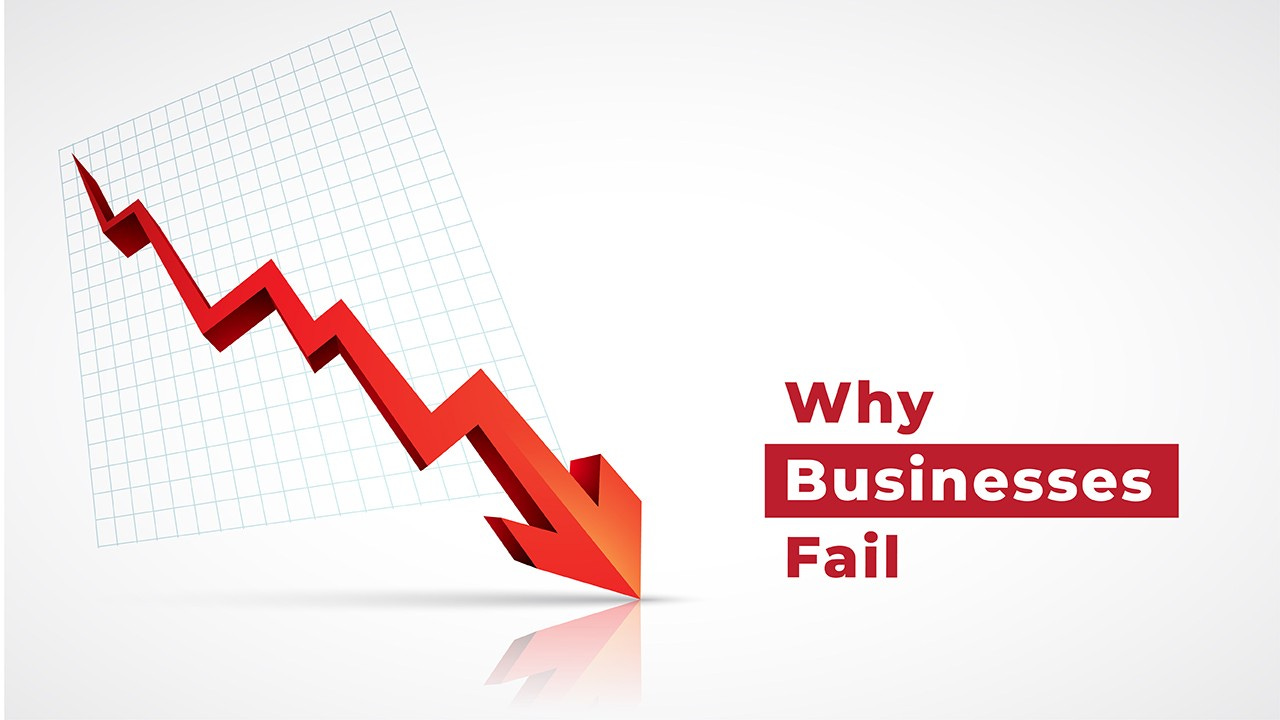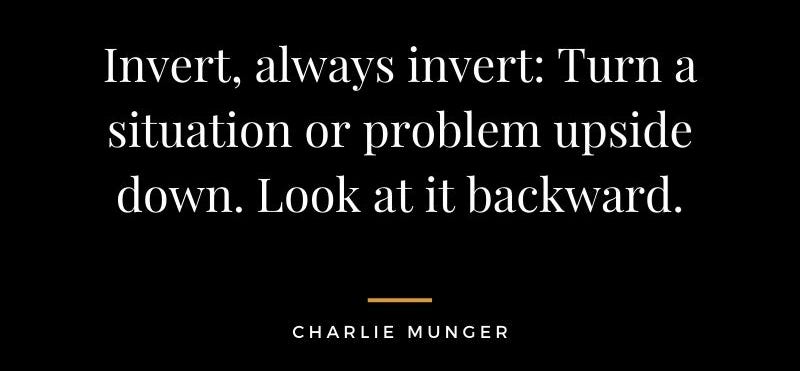Approximately 20% of new businesses fail within the first year, 50% within the first five years, and 70% within ten years.
Economists and statisticians often survey the dead, seeking to understand why.
I’d argue this is a complete waste of time.
Their reports point to familiar answers:
X% failed due to poor cash flow, and
Y% due to a lack of market need.
But knowing this doesn't offer a map for success; it just labels the graves. You can’t build a strategy on a statistic.
Let’s take a more practical approach, inspired by the great Charlie Munger.
What if we ask the opposite question: Why do businesses succeed?
The easy answer is "they solve a problem." But this is incomplete. The businesses in that 70% graveyard were also solving a problem. Solving a problem isn't enough.
Think about the businesses you are loyal to.
Think of your favorite restaurant. It offers the same dishes every time. You know what to expect, you trust the quality, and you might even know the waiter's name.
Think of your hairdresser or barber. It's the same service, consistently delivered. You've likely been going to the same one for years.
Now, think of your gym, your car mechanic, your plumber, your electrician, your dog walker, your accountant. They all share a powerful common trait: They are the proven, reliable, default solution to your need. You have a relationship with them, built on a foundation of consistency and trust. This is their advantage.
This is who you're competing against when you start a business. You are not competing against a bad solution; you are competing against habit, comfort, and the powerful inertia of "good enough."
Your potential customers are already being served by someone they know and trust.
So, how do you win? How do you convince someone to leave their proven, reliable solution for you, the unproven newcomer?
It all comes down to one thing: You must offer overwhelmingly more value.
Your solution must be significantly better, faster, and/or cheaper. Not just marginally. It has to be so superior that it overcomes the friction of switching.
Most businesses fail because they offer similar value to their competitors. That’s not enough.
If you are stuck, overwhelmed, or need help with brainstorming, reach out to kosta@ristovskiconsulting.com to explore what’s possible.



